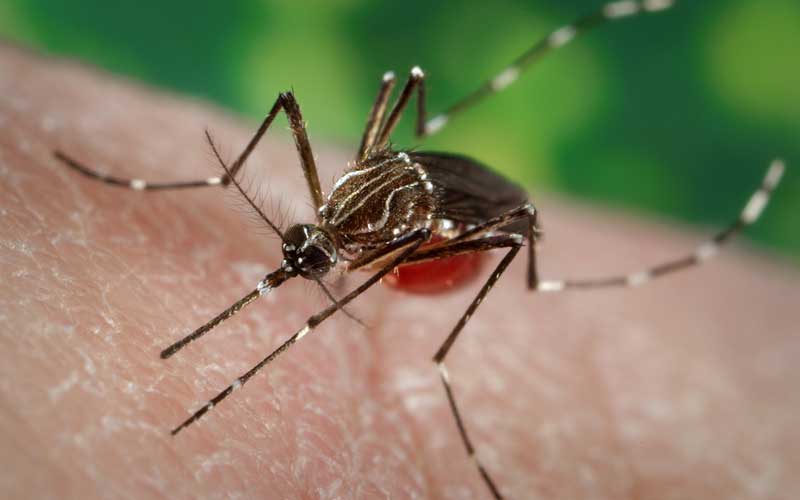×
The Standard e-Paper
Stay Informed, Even Offline

The World Health Organisation (WHO) has declared an outbreak of yellow fever in the southern part of South Sudan.
The UN health agency said, in a statement, that two cases were identified in Kajo-keji, a region bordering Uganda, where an outbreak of the viral haemorrhagic disease was detected early this year.